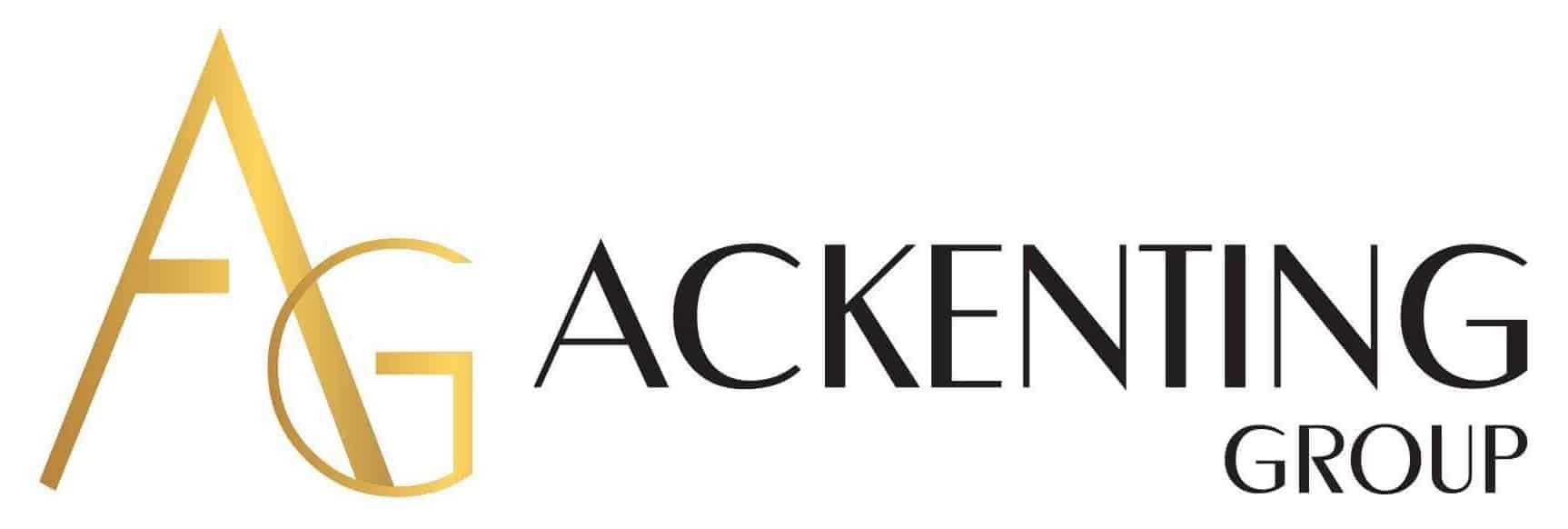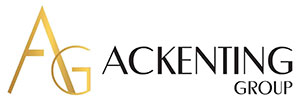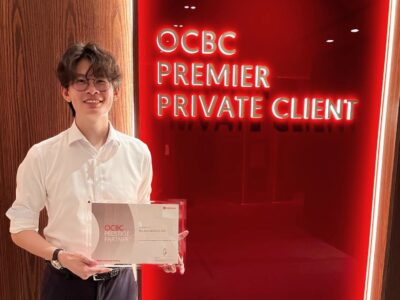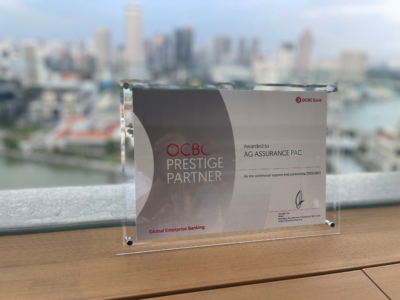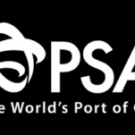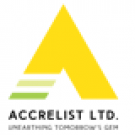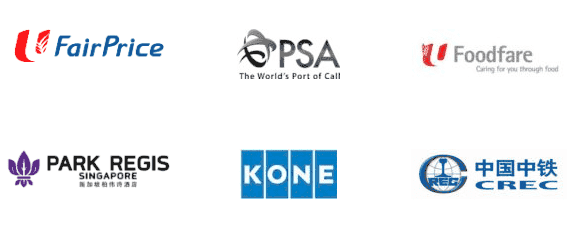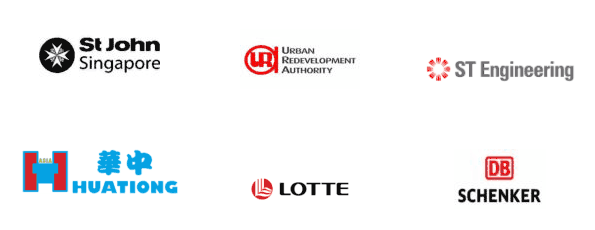In Singapore, setting up a hair salon business is a two-phase process, beginning with company registration with the Accounting and Corporate Regulatory Authority (ACRA) and culminating in acquiring a massage establishment license, if applicable. This requirement is due to hair salons being subject to similar regulations as spas and massage centers. For entrepreneurs considering a more extensive setup, there’s also the possibility of establishing a larger enterprise that includes a hairdressing salon.
Our team of corporate formation specialists in Singapore is equipped to assist with selecting and establishing the appropriate business entity for registering your hair salon venture.
Securing a License for a Hair Salon in Singapore
A Massage Establishment licence is required if your hair salon includes massage services in the establishment.
Under Section 2(1) of the Massage Establishments Act, “massage” is defined as “the act of rubbing, kneading or manipulating the human body or any part of it, by any person (whether or not using any hand-held equipment), for the purpose of relaxing muscle tension, stimulating circulation, increasing suppleness or otherwise”.
The licensing for hair salons in Singapore, particularly those requiring a massage establishment license, is categorized into three types. These categories differ based on operational hours, the allowance of alcohol service, and age restrictions for clientele. Should your business model exclude the serving of alcoholic beverages and not impose restrictions on operating hours, obtaining a massage establishment license may not be necessary.
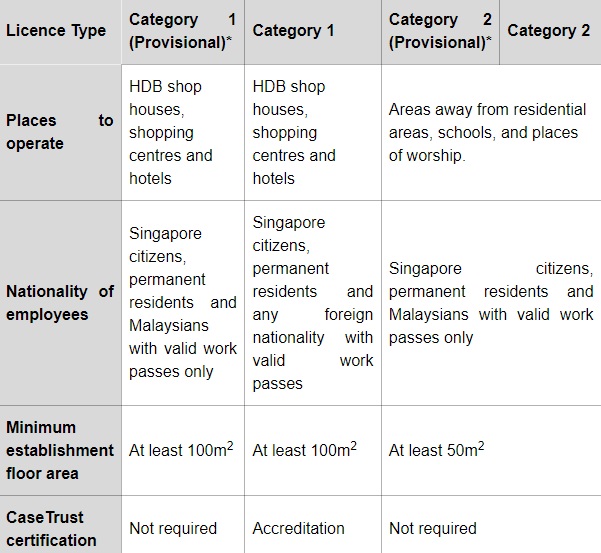
To qualify for a Massage Establishment license, applicants must adhere to specific criteria:
- Character and Reputation Assessment: The applicant must be a ‘fit and proper’ person. This assessment encompasses multiple facets including honesty, integrity, reputation, competence, and capability. Detailed criteria for this evaluation are outlined in the “Guidelines for considering whether a person is fit and proper to hold a licence under the Massage Establishments Act 2017,” accessible via the provided link.
- Position Requirement: The applicant should hold the position of a ‘responsible officer’ as stipulated in section 2(1) of the Massage Establishments Act 2017.
- Age Requirement: Applicants must be at least 21 years old at the time of submitting their application.
- Work Pass for Foreign Nationals: If the applicant is not a Singapore citizen, they must possess a valid and relevant work pass to operate within Singapore.
These requirements are essential to ensure compliance with the regulations set forth in the Massage Establishments Act 2017 and uphold the standards of the industry.
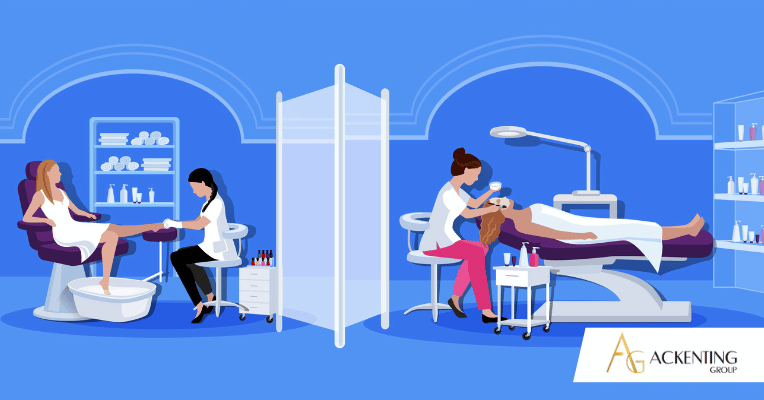
A Massage Establishment licence is not required
if you are providing any of the following without any massage service or treatment:
- Manicure
- Pedicure
- Light treatment
- Electric treatment
- Vapour treatment
- Baths
Documentation Required for Licensing a Singapore Hair Salon
Regardless of the necessity for a special license, launching a hair salon in Singapore necessitates the submission of various documents to the Singapore Police Force. These include:
- Approval from the Urban Redevelopment Authority for the establishment of the business.
- A letter of no objection from the property owner where the salon is to be situated.
- Detailed information about the staff, including their qualifications and certifications.
- A well-drafted premises plan, highlighting safety measures, particularly in case of a fire emergency.
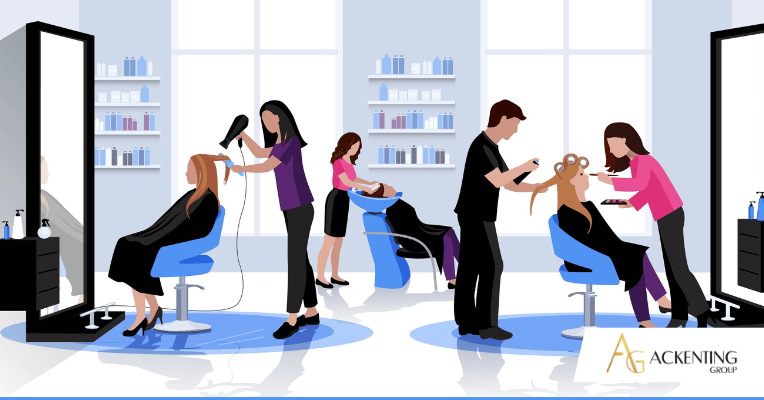
Procedure for Hair Salon Business Incorporation
For acquiring a Massage Establishment (ME) License in Singapore, the prerequisite step involves registering your business with the Singapore Companies Registrar. International entities must first register either a subsidiary or a branch in Singapore before they can proceed with the license application.
The incorporation process, while straightforward, necessitates the submission of various details:
- Business Name: Selection and registration of a unique business name.
- Business Description: A clear description of the business’s activities.
- Shareholder and Director Details: Information regarding the shareholders and directors of the company.
- Registered Address: A physical address in Singapore where the business is located.
- Company Secretary Details: Information about the appointed company secretary.
- Memorandum and Articles of Association: Legal documents outlining the company’s structure and governance.
The business registration process in Singapore is fully automated under the Singapore Registrar of Companies, enabling a swift and efficient registration, typically completed within 1 to 2 business days under standard conditions.
Following successful registration, several critical steps must be undertaken:
- Opening of a Corporate Bank Account: Essential for managing business finances.
- Application for Necessary Business Licenses: Beyond the ME License, ensuring compliance with all relevant regulatory requirements.
- Goods and Services Tax (GST) Registration: If applicable, based on the nature and size of the business.
- Annual Filing Requirements Review: Specific to spa and salon businesses, this involves understanding and preparing for annual compliance submissions.
For an in-depth understanding of the prerequisites for starting a hair salon in Singapore, do not hesitate to reach out to our accounting services experts to assist with your company formation. Their insights can provide valuable guidance through the intricate process of establishing and operating a successful hair salon business in the city-state.
